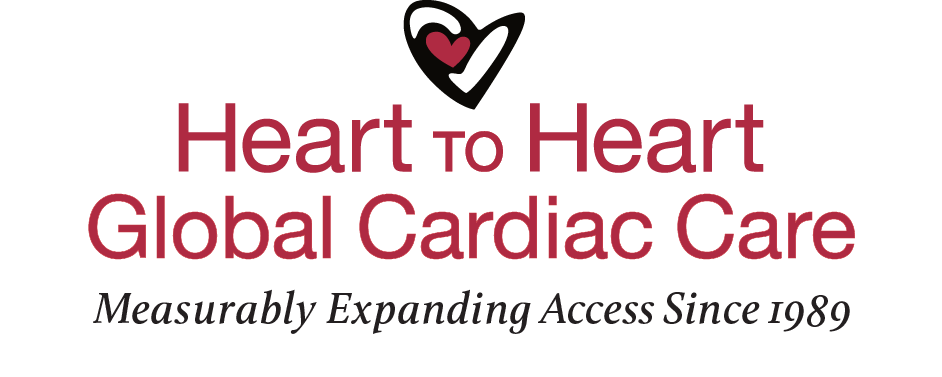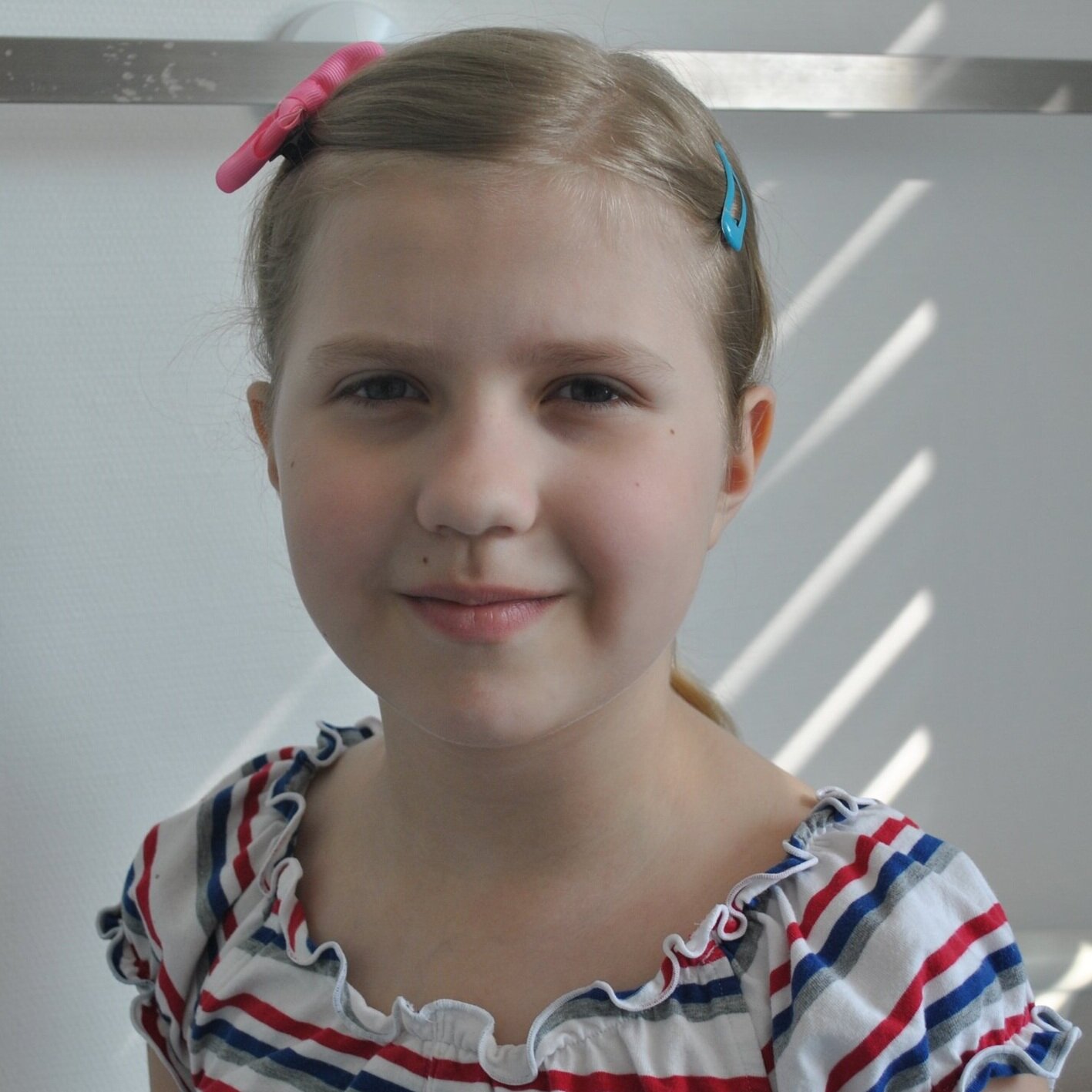Kaliningrad Federal Center, Northwestern Federal District
KALININGRAD, RUSSIA’S EXCLAVE The Kaliningrad region is about half the size of Rhode Island. It is an exclave, completely separated from Russia geographically, surrounded by Poland to the south, Lithuania to the north and east, and the Baltic Sea to the northwest. Roughly a million people live in the region, half of whom reside in Kaliningrad city proper.
The inhabitants of Kaliningrad, formerly Königsberg, celebrated their 750th anniversary in 2005. Always valued for its place on the Baltic Sea, it was a major center of commerce, a trade hub between eastern and western Europe, and a lively, flourishing center of culture and learning, boasting one of the first major universities and public libraries in all of Europe.
Kaliningrad remains between two worlds. Today it looks to both the European Union and Russia for many things. It is said that Kaliningrad is “politically Russian, but geographically – and historically – European.” However, the Kaliningrad Center’s patients travel from all over the Northwestern Federal District of Russia, which has a population of 14 million – and includes the city of St. Petersburg.
Self-sustaining pediatric site: our fifth
Area served: 647,800 square miles
Population served: 14 million
Beginning of collaboration: 2013
Self-sustainability reached: 2019
Size of first team trained: 35
Children saved to date: 2,300+
In September 2013, we conducted our first mission to Kaliningrad, our fifth pediatric collaboration in Russia. Heart to Heart conducted four surgical-educational missions to Kaliningrad over the course of our collaboration. In 2017, we focused on teaching and training the local pediatric cardiac team how to diagnose and perform valve repair for Ebstein Anomaly patients. This type of congenital heart defect is very rare; few surgeons in the world are familiar with the surgery required to repair it. Now, Kaliningrad is one of the few hospitals in Russia where these patients with this rare condition can be successfully treated.
The Kaliningrad Federal Center is a high-volume cardiac center, and is mandated to perform 5,000 cardiac procedures annually on both children and adults. The center is equipped with state-of-the-art diagnostic equipment, operating rooms, and cardiac intensive care units, and staffed with medical professionals who provide world-class heart care to their patients. Each year, more than 300 children undergo open heart surgery at the center.













